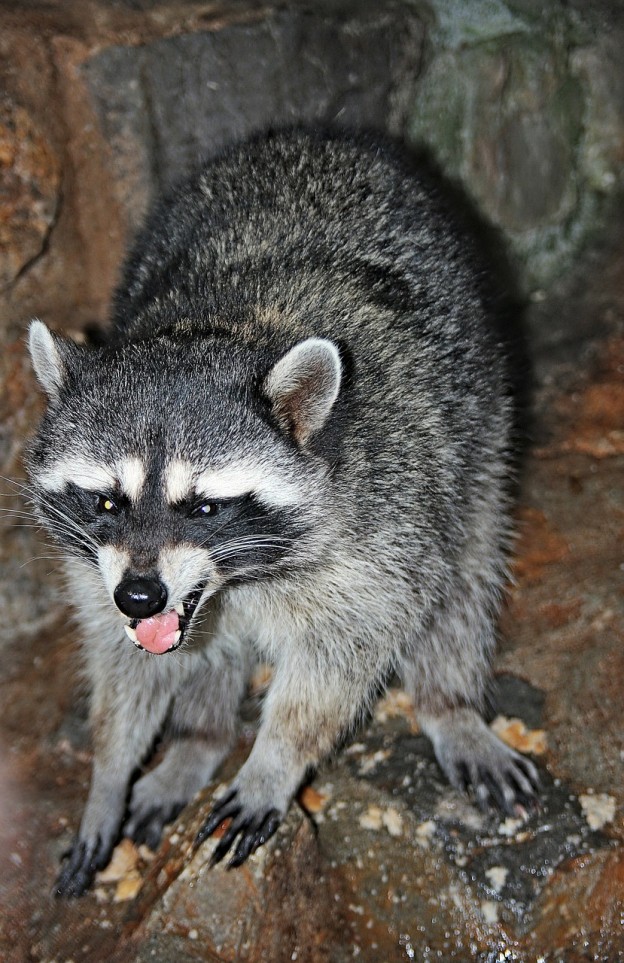What is Raccoon Roundworm?
The species of roundworm often found in raccoons is known as Baylisacaris procyonis. Raccoons can excrete millions of roundworm eggs in their feces. These eggs can become airborne and easily inhaled. The eggs hatch in the intestine and travel through organs and muscles. These eggs are highly resistant to most environmental factors. In fact, they can survive for years before hatching, if the right conditions are present. In order to hatch, the eggs must be ingested.
How Raccoon Roundworm Is Contracted
Baylisacaris is most often contracted by touching a contaminated area or object, not washing hands, and touching mouth. Children are particularly susceptible as they spend more time outdoors and often have their hands in their mouths. Raccoons (and your pets) can contract roundworm from eating a smaller animal infected with Baylisacaris.
Signs of Roundworm
Signs of Baylisacaris include: nausea, skin irritations, tiredness, liver enlargement, loss of muscle control and coordination, loss of vision, or blindness. This disease can affect the central nervous system, impair important organs, and cause coma or death. The symptoms differ from person to person and are dependent on the amount of eggs ingested
Treatment & Prevention
If you suspect exposure to raccoon roundworm, immediately seek medical care. If caught early enough, the disease may be prevented. Pets should be taken to a veterinarian as soon as possible and continue to be monitored for several weeks.
Prevention is often the best method to avoid Baylisacaris. If you’re working in an area contaminated with raccoon feces, wear proper protective gear like rubber gloves and boots, disposable coveralls, and a respirator. Pets can be wormed to prevent roundworm infection. In addition, discourage raccoons from living near your home. Seal entrances to the attic, garage, shed or any other structure that they may inhabit. In addition, eliminate food sources for raccoons; do not leave cat food outdoors and keep garbage cans tightly closed. Clear brush areas, hay piles, or woodpiles where raccoons may nest.
Dispose of Raccoon Feces
To safely dispose of raccoon feces, which may contain eggs, they should be carefully burned. They can also be double bagged and buried deep in the ground or sent to a landfill. Clothes that may have eggs on them can be washed in boiling water.
If you discover a raccoon on your property – call animal control services to remove the animal immediately.




